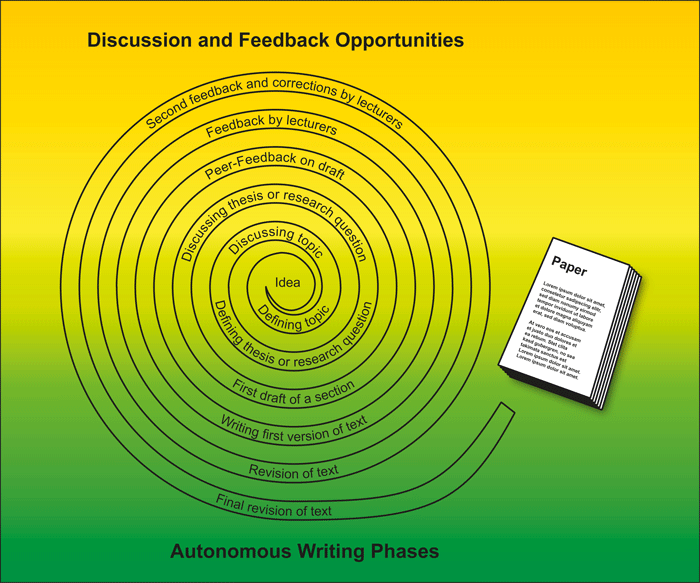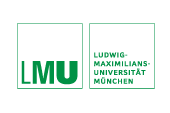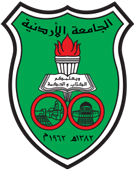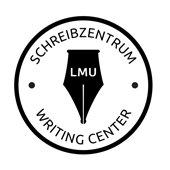Student Papers on the Archaeology of Jordan
A Joint German-Jordanian Workshop to promote Academic Writing in English for Students in Archaeology (2023)
This project brought together students of archaeology from The University of Jordan in Amman and Ludwig-Maximilians-Universität München to work on topics about the archaeology of Jordan and write short academic papers on them in order to promote the participants’ skills in writing academic texts in English. It was conducted as a joint project of the two cooperating universities and the Writing Center of Ludwig-Maximilians-Universität München. The workshop comprised separate teaching units at both universities, ajoint component in Munich, as well as intensive remote / online feedback and counseling activities. The responsible staff conducting the project were Dr. Simon M. Halama (Ludwig-Maximilians-Universität München), Prof. Dr. Nabil Ali (The University of Jordan), and Tabea Hawkins, M. A. (Writing Center of Ludwig-Maximilians-Universität München). The project was funded by the German Academic Exchange Service DAAD with funds from the Auswärtiges Amt (German Foreign Ministry).
The Aims of the Project
The central aim of the project was to promote academic writing skills among the participating students. This included general aspects of academic writing in English as well as discpline-specific aspects of writing in archaeology.
Additional aims were …
- … to afford the participating students the opportunity to gather experience in international collaboration and intercultural communication by contributing with their specific strengths and knowledge to the communal learning effort;
- … to enable staff of the University of Jordan to gather experience in the practical implementation of writing didactics in a university teaching context;
- … to showcase, at Ludwig-Maximilians-Universität München, the richness of Jordan’s archaeological and cultural heritage, which is usually treated rather peripherical in most archaeological disciplines at Ludwig-Maximilians-Universität.
The Didactic Concept
The workshop as a whole followed four main principles:
- A practice-oriented approach: The workshop not only combined theoretical input with practical exercises during the “lessons”. Students also trained their writing skills practically by applying what they had learnt within an extended writing assignement.
- A “writing-in-the-disciplines” approach: The workshop included archaeology-specific contents and included a writing assignement with (self-chosen) archaeological topic, in the typical form of a “research paper”.
- Process-oriented structure: The workshop was modelled along the typical stages of a writing process (search for a topic, research and reading, writing and structuring [or structuring and writing], revising), but also left time for iterating through this process or jumping between the various stages.
- Feedback opportunities: All throughout the workshop and writing process, students had the opportunity to schedule individual consultations with the lecturers whenever needed. During lessons in presence, the first steps (decision for a topic, formulating thesis statement or research questions etc.) were practiced and dicussed, and the participants were introduced to giving peer-feedback, so that they were able to employ this afterwards. Later on, all students twice received feedback by the participating lecturers on their first and second versions of the paper. In addition to that, they could once schedule an (online) writing consultation at the Writing Center of Ludwig-Maximilians-Universität München.
Implementation of the Concept: The Workshop

Learning activities were scheduled along a sequence of general stages of the writing process (Design and © Simon M. Halama).
The writing project started with introductions in separate groups at the two collaborating universities in April and May 2023, initiating the first two phases – search for a topic, and research and reading.
In June 2023, a joint workshop assembled all participants for ten days in Munich and initiated the third phase of writing and structuring the paper. This joint workshop in presence included several lessons on diverse topics, discussion forums, and self-learning activities, ending with the peer-review of first texts.
The topics addressed in the teaching units included:
- The writing process and writing strategies.
- How to define an appropriate topic?
- How to formulate a thesis statement and research questions?
- How to structure an academic paper?
- How to argue in archaeology (types of evidence and types of arguments etc.)?
- How to formulate an argument in English (types of sentences, structure of sentences, structure of paragraphs)?
- How to use sources and how to cite them correctly in academic texts?

Phases of autonomous researching and writing alternated with various kinds of feedback activities during the writing process (Design and © Simon M. Halama).
Subsequently, the participants practiced these skills by writing themselves a short paper on a topic connected to the archaeology of Jordan. While they had to finish their papers individually during the writing and structuring phase, they could also make use of a range of both, mandatory and optional feedback by the teachers and the tutor of the Writing Center. After submitting the first versions of their paper, the students received a detailed feedback by the two teachers and then had time to improve their papers during the revision phase.
Outcomes of the Project
After final revisions and corrections, the papers were collected in November 2023 in a reader. This is available to the public in two copies at the Library of the Historicum (Ludwig-Maximilians-Universität München) and the University Library of the University of Jordan in Amman.
Furthermore, the project was presented to the public at both universities. At Munich, the project and the poster of the project were presented within the framework of a public lecture on December 13, 2023. After an introduction, two participating students from Munich presented a summary of their papers.
Contact
Project direction: Dr. Simon M. Halama (s.halama@lmu.de)
Jordanian co-director: Prof. Dr. Nabil Ali (nabil.ali@ju.edu.jo)
Writing Center of Ludwig-Maximilians-Universität München
Downloads
Poster (in English and Arabic; reduced resolution)
Reader: Table of Contents and Preface (in English and Arabic)





